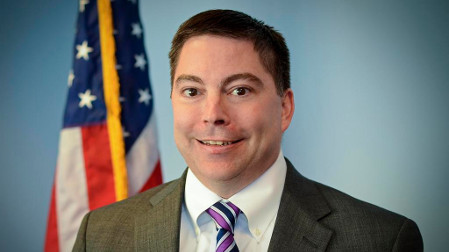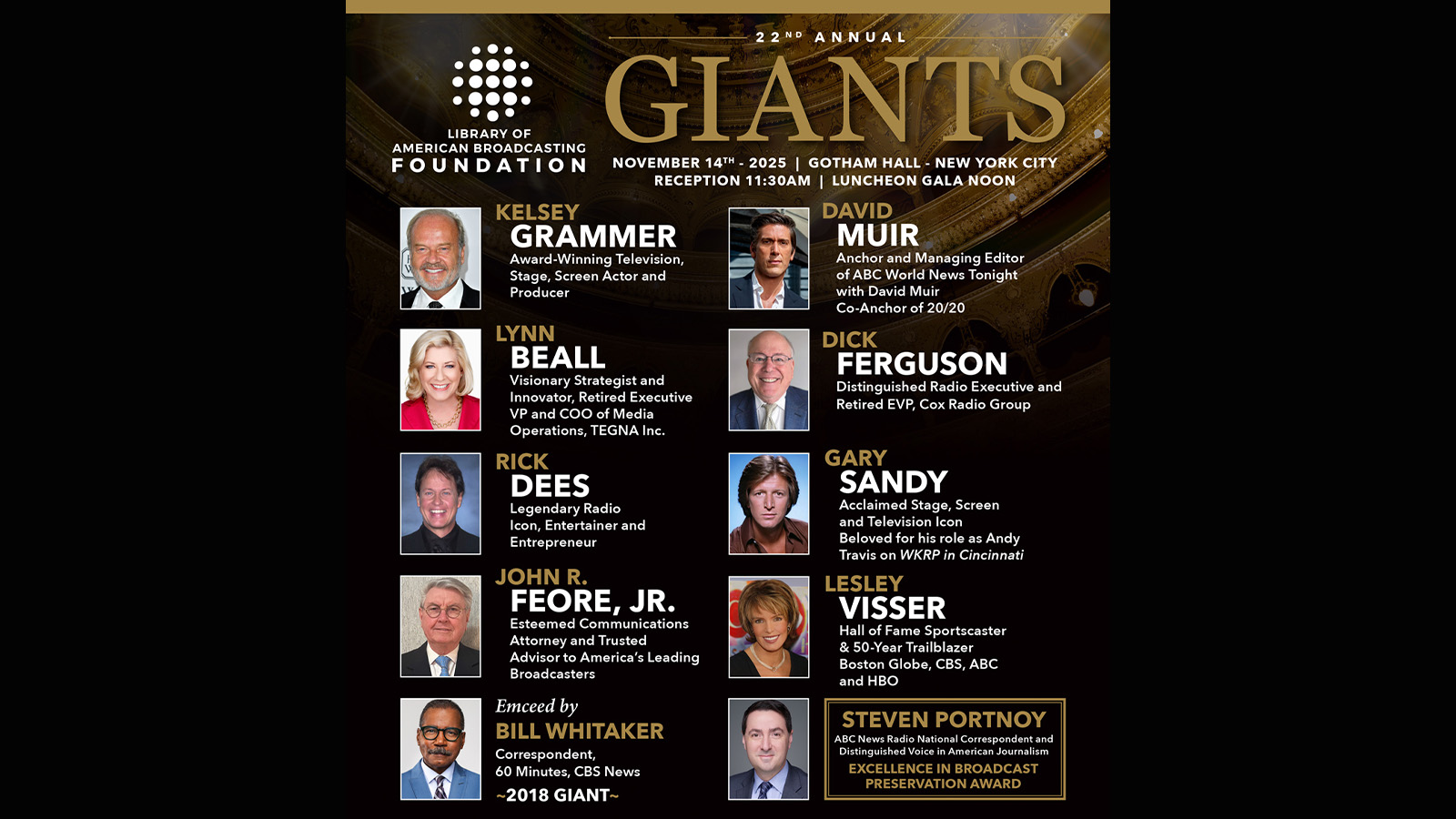O’Rielly: Sweep Cobwebs From Circulation Process
WASHINGTON—Over the last year, Commissioner Michael O’Rielly has been vocal about his concerns with the Federal Communication Commission leadership and processes—touching via his blog on issues as disparate as reforming the FCC budget process and limiting censure of commissioner viewpoints—and recently turned his thoughts to improving the way the commission handles what are known as circulation items.

Michael O'Rielly While a dedicated a policy wonk might best enjoy diving deep into the inner workings of the commission—and following the winding path that a circulated item takes on the journey to approval—O’Rielly lays out some changes that he feels would improve the process of resolving these items on circulation. As of June 1, there are more than 40 items on circulation, the oldest from August 2015.
In a blog titled “Improving the FCC Circulation Process,” O’Rielly suggests a series of process improvements for these circulation items, which are those items that have been circulated to the four commissioners and chairman, and are pending action by the full commission.
As it stands now, the FCC makes final decisions on these items either via electronic votes outside of a meeting or by putting them up for consideration during one of its monthly open meetings.
But often, these circulation items can linger for many months without receiving formal votes, in part because they tend to be low-profile items that don’t draw as much public attention and tend to be less time sensitive, O’Rielly said.
There are two existing ways to hasten the resolution of circulation items: adding the item to a commission open meeting, or moving on an item when it has votes in support from at least three commissioners.
O’Rielly offers two suggestions: one, limit the life of an item on circulation to six months; two, give three weeks’ notice when an item is converted from a circulation item to an open meeting item.
SIX-MONTH LIMIT
By limiting an item on circulation to six months, these possibly stale draft items can be pulled aside and reworked to reflect the current state of the record, he said. In some cases, items sit so long because it does not have the support of a majority. “The chairman’s office should pull the item off circulation and work with staff and the commissioners to find a consensus,” he said. “If or when one is achieved, the item can be revised and recirculated” and will probably be voted in a timely manner.
That’s how it’s done in the U.S. Senate, where O’Rielly served in pre-commission days as a policy advisor for Republican leaders. O’Rielly suggested the FCC’s circulation process emulate the Senate nomination process—in that case, a pending nomination can be returned to the president at the end of a session of Congress to allow the president to consider withdrawing the nomination or nominating the person again.
THREE-WEEK NOTICE
O’Rielly also suggested that long-pending circulation items that are converted to open meeting items be announced three weeks before the meeting so interested parties have sufficient time to contact the commission to express their views.
Sometimes, these additions occur as late as a week before the meeting, a point-of-no-return date known as the Sunshine Period. This is a time in which the public can not lobby FCC staff about matters on the meeting agenda.
Adding items right at the Sunshine Period can hinder discussion time, he said. “[Sometimes] at the very moment that outside parties discover it is finally time to focus on an item, they are no longer able to contact the commission to express their views because it is prohibited by law and FCC regulations.”
To fix this, O’Rielly suggested that those circulation items converted to meeting items should be announced three weeks before the meeting. (This is the typical notification deadline for all other meeting items, known to insiders as the unusually named “white copy date.”) Likewise, those converted items that do not reflect the current views of staff and the chairman—or need significant rewrites—should be revised and recirculated as official meeting items, he said.
“These simple changes would help ensure adequate input and deliberation on all items considered by the commission at its open meetings,” he wrote.
This story originally appeared on TV Technology's sister site Radio World.
Get the TV Tech Newsletter
The professional video industry's #1 source for news, trends and product and tech information. Sign up below.
Susan Ashworth is the former editor of TV Technology. In addition to her work covering the broadcast television industry, she has served as editor of two housing finance magazines and written about topics as varied as education, radio, chess, music and sports. Outside of her life as a writer, she recently served as president of a local nonprofit organization supporting girls in baseball.

